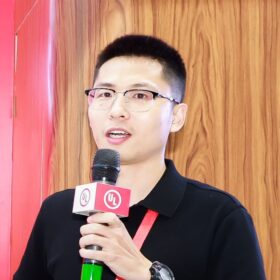In this pv magazine Webinar, we’ll examine the reliability profile and technical performance of n-type modules. We will explore a roadmap to TOPCon module production and hear from industry experts about the advantages of this new technology that’s gaining traction for large-scale solar installations.
TOPCon was first demonstrated ten years ago by Fraunhofer Institute for Solar Energy Systems and is now gaining market traction and acceptance. The technology is comprised of n-type PV cells with passivating contacts, and modules made using this technology offer high efficiency. Many solar manufacturers are shifting to modules with n-type TOPCon cell designs, as p-type passivated emitter and rear-contact cell (PERC) modules begin to reach their theoretical efficiency limits.
In this pv magazine Webinar, we’ll examine the reliability profile and technical performance of n-type modules. We will explore a roadmap to TOPCon module production and hear from industry experts about the advantages of this new technology that’s gaining traction for large-scale solar installations. For example, TOPCon modules may cost slightly more to produce on a per-watt basis than p-type mono PERC modules, the efficiency gains result in a lower levelized cost of energy in large-scale field deployments.
Rocky Li, product manager at Trina Solar will share Trina’s technology development roadmap, which includes its latest high-efficiency product, the Vertex N module series with iTOPCon technology.
Cherif Kedir, CEO and president of RETC, will discuss RETC reliability program details and why it is important for the industry, as well as details on the results from the testing of Trina Solar n-type TOPCon module series.
Jason You, senior product engineer at UL, will discuss the reliability analysis of Trina Solar n-type modules. He will cover the UL test method on PAN file, an explanation of test deviation and the advantages of low-irradiance performance and power generation gain of Trina Solar’s n-type modules.
pv magazine Webinar content:
- The latest information on industry leading n-type modules
- Industry knowledge of module reliability test
- Industry knowledge of PAN files
- Q&A
Questions can be submitted beforehand in the comments window when registering or in the chat during the live webinar. Anne Fischer, senior editor at pv magazine USA, will be the moderator of this webinar.
Registration for this pv magazine webinar is free of charge.



